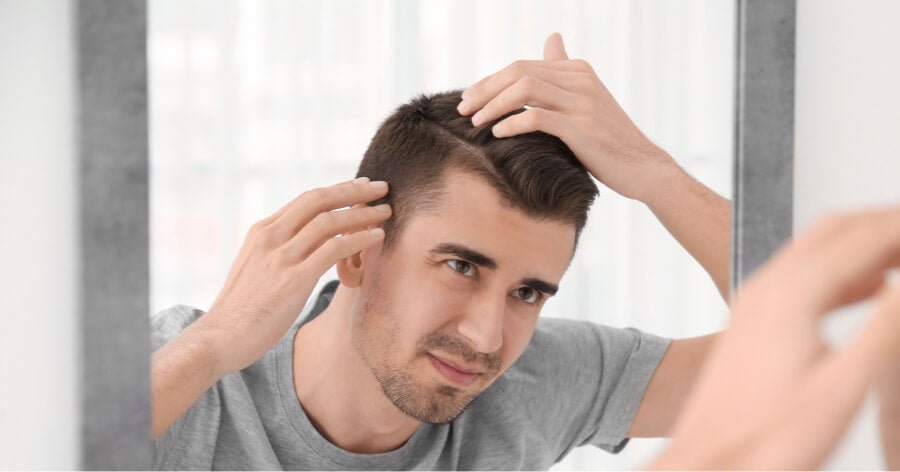Have you noticed that your hairline converges at a little point at the front of your forehead? Wondering just what that is? If you’re just noticing this hairline trend beginning to emerge, or you’ve had it for some time, you have a widow's peak. Earning its name from an 18th-century English tradition—following the death of their husband, a widowed wife would wear a black triangular hat or hood, with a point that fell in the middle of their forehead—the widow’s peak is a common trait among people. But what exactly causes widow’s peaks? Furthermore, can they be treated?

Is Hair Loss Genetic? Understanding Your Hair Anatomy
Am I Going Bald?